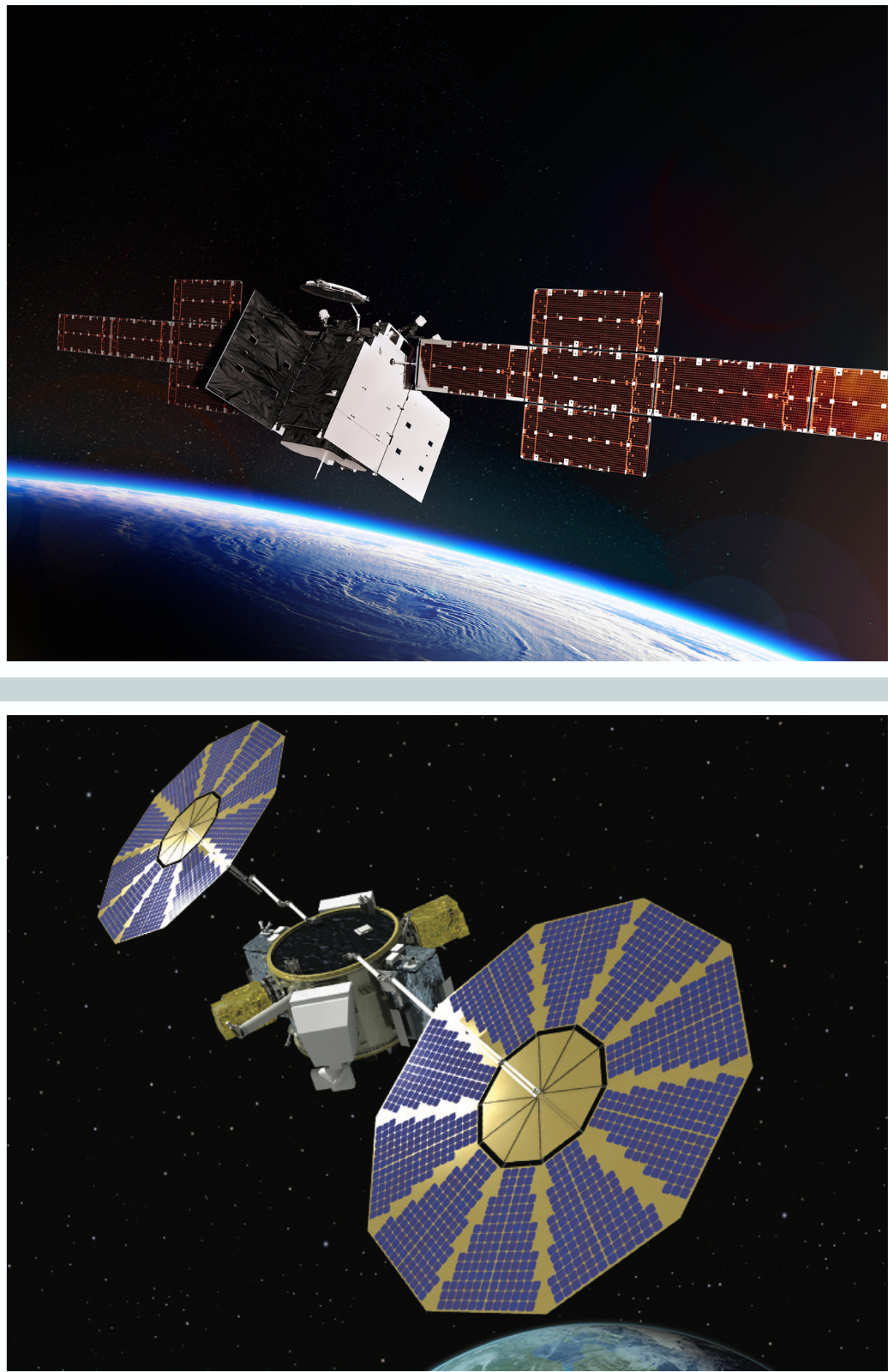WASHINGTON — The House on Dec. 14 approved the 2024 National Defense Authorization Act by a vote of 310 to 118. The vote came a day after the Senate approved the bill by an 87 to 13 majority.
The NDAA is now headed to President Biden’s desk for signature. The White House indicated the president will sign the bill.
The compromise NDAA bill unveiled Dec. 6 authorizes $841.4 billion for the Department of Defense, or about $600 million below the president’s request. The bill authorizes $30.1 billion for the U.S. Space Force, or about $79 million below Biden’s request.
The NDAA extends the Ukraine Security Assistance Initiative to support Ukraine’s military through 2027. However, Congress has not yet appropriated funding for Ukraine, which the president submitted in an emergency national security supplemental request.
Space provisions in the NDAA
- Does not establish a Space National Guard but directs a “feasibility study on the consolidation or transfer of space functions of the National Guard to the Space Force.”
- Allows DoD to support commercial space launch capacity on government-owned space launch ranges. For example, the Space Force may enter into a contract with commercial launch firms to provide services, equipment and construction needed for commercial space launch, and include provisions that requires commercial entities to reimburse the DoD for all direct or indirect costs.
- Mandates a classification review of major space acquisition programs.
- Requires the Department of the Air Force to name an active-duty officer as a principal military deputy for space acquisition and integration.
- Directs the Space Force to submit a plan to improve threat-sharing arrangements with commercial space operators that are under contract with the Department of Defense.
- Requires a briefing on the classification practices and foreign disclosure policies required for combined space operations with Australia, Canada, France, Germany, New Zealand and the United Kingdom.
- Limits the use of funds for U.S. Space Command headquarters until the Inspector General of the Department of Defense and the Comptroller General of the United States completes reviews of the selection announced in July of 2023
- Establishes a legislative liaison of the Space Force to perform legislative affairs functions under the direction of the Chief of Space Operations
Related



